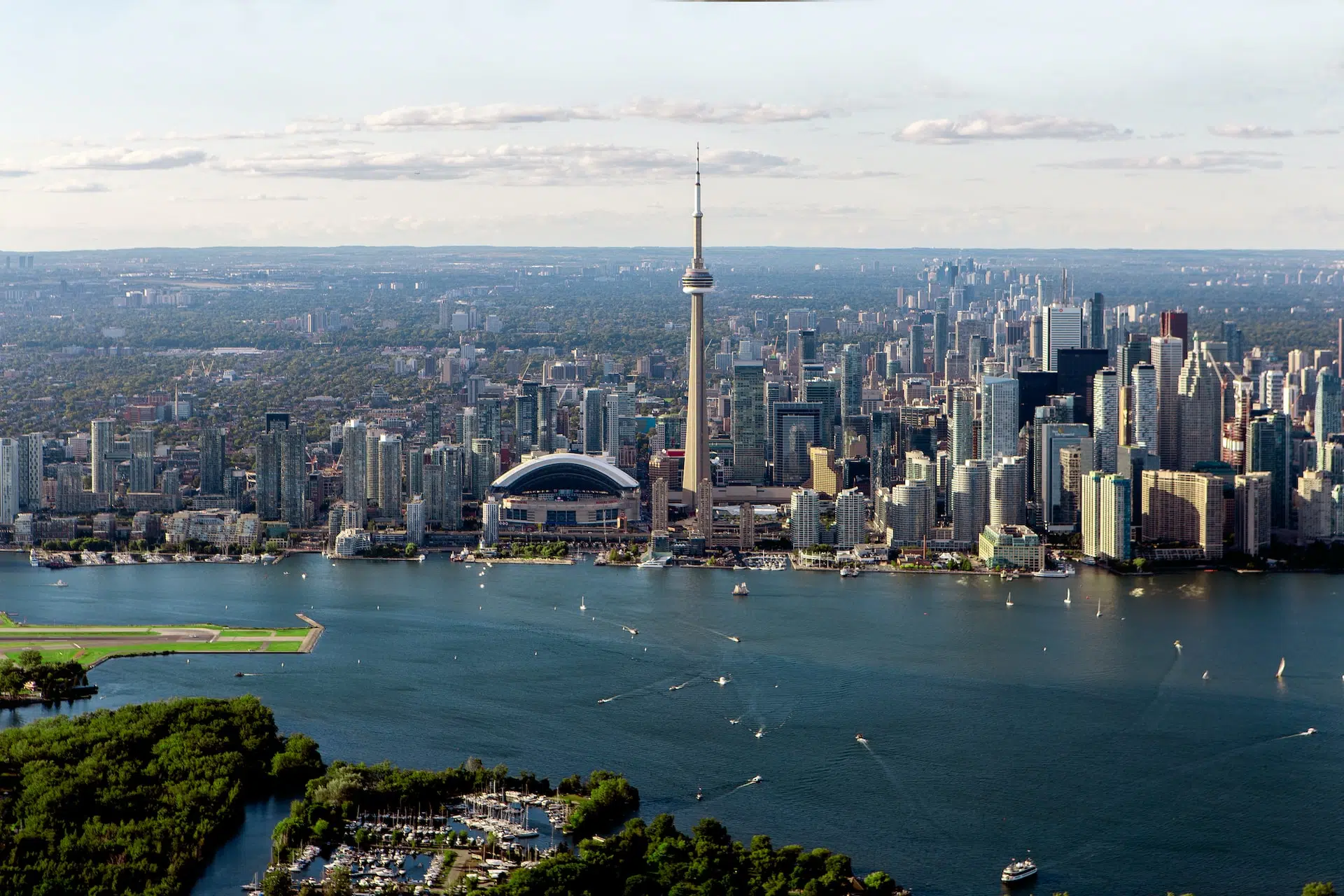Frequently Asked Questions About Canada
General FAQs for Canada
Which is the capital city of Canada?
What currency is used in Canada?
What are most spoken languages in Canada?
Which time of the year is best to visit Canada?
How many days are required for traveling in Canada?
Which are the emergency numbers in Canada?
In Canada, the emergency numbers to know are 911 for police, fire, or medical emergencies; and 310-8000 for poison control. It is also helpful to know your local hospital or healthcare provider in case of a medical emergency. Additionally, many cities in Canada have dedicated non-emergency phone lines that can be used to report crimes or other concerns. Overall, staying informed and knowing how to contact emergency services in Canada is an important part of staying safe while travelling or living in this country.
Places FAQs For Canada
What are the best places to visit in Canada?
How do tourist get around in Canada?
Budget FAQs For Canada
How much will the trip to Canada cost?
What is the cost of average meal in Canada?
How much is the cost of stay in Canada?
What is the cheapest time to visit Canada?
Culture FAQs For Canada
How are the people in Canada?
What is the popular food to try in Canada?
Which sport is the most popular in Canada?
What are the most popular religions in Canada?
What are the most popular festivals in Canada?
What souvenirs to buy from Canada?
Some popular options include Canadian-made clothing and accessories, local artisan crafts or handmade goods, maple syrup products or other treats like chocolate or candy, and local alcohol or beer. Other items to consider might include Canadian-themed souvenirs like t-shirts, mugs, or keychains, as well as collectibles and memorabilia from national landmarks or popular tourist destinations.















![TOP 10 Things to do in Vancouver - [2023 Travel Guide]](https://i.ytimg.com/vi/6uzRIehNbqg/hqdefault.jpg)
